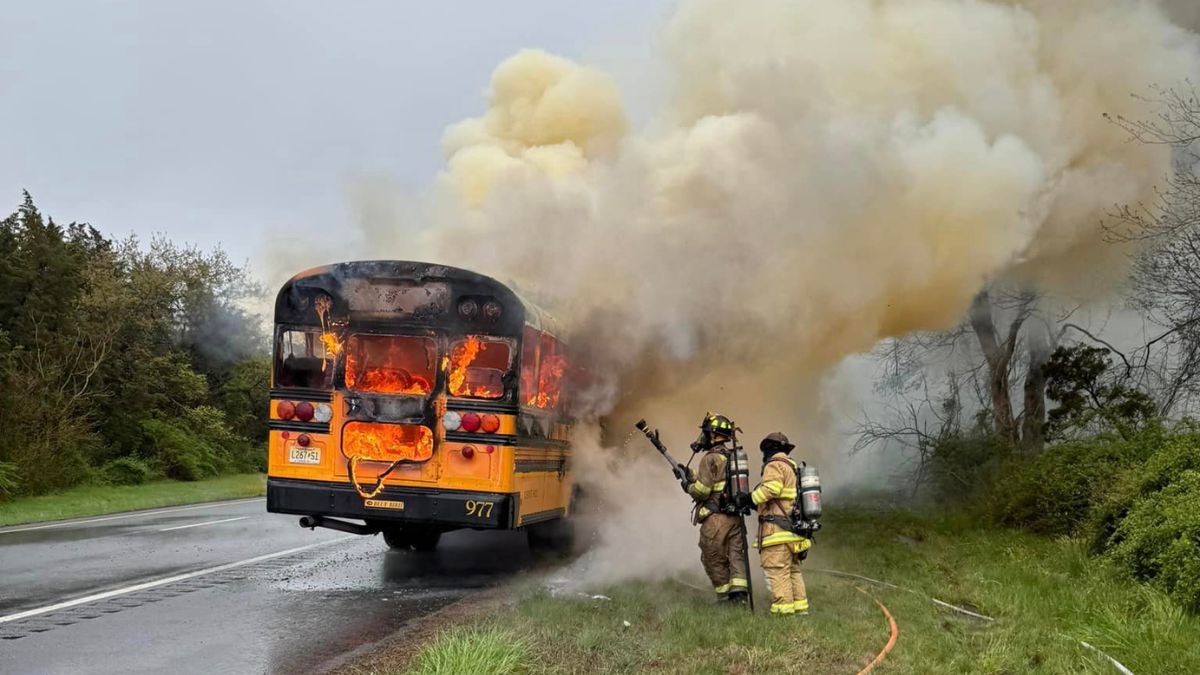Three-year-old Clara Centola seems unconcerned by the adults around her as she works at a mini-kitchen, deciding which cloth-toy fruits and vegetables to serve her imaginary guests. There are no plastic fast-food replicas to choose from at her Oklahoma City preschool, where the real food is vegan and gluten-free.
All the classroom papers are online here at The Green House. Countertops are wiped clean with natural oils and water. Any leftover food — all local or organic — is recycled or composted.
It's all part of director Dawn Maxwell's goal of running a preschool focused on living a healthy life, embracing nature and letting kids have fun. And the idea appears to be catching on: Her preschool, which opened in August, is among dozens popping up nationwide with a specific eco-friendly focus.
"I just thought it would work. Their minds are so observant," said Maxwell, a mother of four children, including two who attend the school.
There are currently about 80 nature-based preschools nationwide, up from 19 in 2009, said Christy Merrick, director of the Natural Start Alliance, which is part of the North American Association for Environmental Education. But she noted that numerous other preschools employ some sort of eco-friendly approach.
She said the schools range from taking simple steps to basing their entire curriculum around nature and having students spend time every day in natural settings.
At the Sunflower Preschool in Boulder, Colorado, children learn about composting and recycling, and planting and harvesting gardens. A rotting log, for example, isn't just a deteriorating piece of bark, but a way for children to investigate where bugs live.
Local
Breaking news and the stories that matter to your neighborhood.
"We feel that anything you can learn inside, we can learn outside," said Sunflower Mars, the school's co-director. "We let them be self-guided."
The driving force behind the trend is parents, said Peter J. Pizzolongo, who works at the National Association for the Education of Young Children.
"If it's something that families value, then they're going to seek that out," he said. "Largely, the movement within the school is recycling, reuse and alternate use, and cutting back on a lot of using of plastics and things that are thrown away."
He said such preschools tend to focus on leaving a low-carbon footprint, which refers to the amount of greenhouse gases produced from human activity; and pushing children to spend more time in nature.
Maxwell, 36, tries to do both. She uses rags instead of paper towels as part of her efforts to lessen the school's carbon footprint, while also teaching her students — who range in age from 3 to 6 — how to garden. She also wants to take them hiking and bring in beekeepers to teach the children about insects.
Prices at her school range from $200 to $750 per month, and between $565 and $1,166 monthly at the Colorado preschool, depending on often children attend. Oklahoma doesn't break down its data by preschools, but the average cost of daycare for a 4- or 5-year-old was about $376 per month for full-time care in 2012, the most recent year for which data is available, according to the Oklahoma Child Care Resource & Referral Association.
Clara, who pretended to cook her cloth veggies inside a pot, was enrolled at Maxwell's school after her father visited several schools and was attracted to its focus on teaching children early about the environment.
"Most schools are about discipline," said her dad, David Centola, who moved to the Oklahoma City area from Los Angeles last year. "The most important thing is that Clara feels comfortable and she can't wait to get here."



